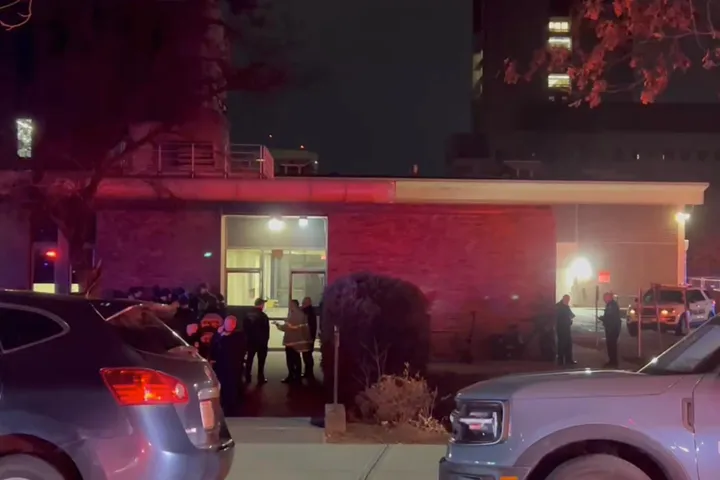Democrats in the US Congress are pushing for the most drastic police reforms in decades in light of the ongoing unrest over the killing of an African-American man by police officers and the wider issue of racialised police brutality.
The Justice in Policing Act of 2020 would prohibit police profiling on the basis of race and religion, and make training on awareness of discriminatory practices mandatory for all police departments.
Lawmakers also want to ban chokeholds and other potentially fatal restraint holds, as well as preventing the sale of military equipment to police forces.
Bodycams would also become compulsory for law enforcement officials and protections for police officers proved to have partaken in misconduct would be stripped.
No-knock warrants, with which officers can enter a suspect's home without notifying those inside, would also be banned under the proposals.
George Floyd, an African-American, was killed in late May by a police officer who knelt on his neck for more than eight minutes despite Floyd’s repeated pleas to stop.
“I can’t breathe,” Floyd called out a number of times, while also complaining about pain he was feeling in his stomach and groin.
Three other police officers watched on throughout Floyd’s ordeal. Derek Chauvin, the officer filmed kneeling on Floyd’s neck, now stands charged with second degree murder and three other officers are charged with aiding and abetting murder.
Challenges ahead
Each year US police officers kill around 1,000 through shootings and a disproportionately higher number of those killed are black people, mostly men.
New Jersey Senator Corey Booker, one of the co-authors of the bill, wrote: “For too long, this has been accepted as a cruel reality of being black in this country. We are forced to figure out how to keep ourselves safe from law enforcement and we are viewed as a threat to be protected against instead of people worth protecting. And for too long, Congress has failed to act.”
He added: ”The landmark Justice in Policing Act which, for the first time in history, will take a comprehensive approach to ending police brutality.”
Democrats face a challenge forcing the bill through in its current form, with most Republicans and police unions likely to offer up stiff resistance.
While some Republican senators have joined calls to end police brutality, such as Utah Senator Mitt Romney, few others have gone against US President Donald Trump’s call to use the military against the protesters.
As things stand, Democrats have control of the lower chamber of the US Congress, the House of Representatives, but do not have a majority in the Senate.
Any realistic passing of the law would therefore require a Democrat in the White House, and gaining control of both houses during the November US elections.
However, by bringing up the matter now and forcing Republicans to vote against it, the Democrats can position themselves as the most willing to tackle the issue of police racism and brutality, thereby rallying their traditionally progressive and liberal base.
The party is not exempt from protester anger, as many of the policies that led to the militarisation of US police departments and their disproportionate use in mainly black areas, were brought about during the presidency of Democrat Bill Clinton.
Floyd’s killing has had an impact way beyond the corridors of power in the US with authorities in France promising to take action to rein in police violence there.
French authorities have promised “zero tolerance” for racism within the police services and have banned the use of chokeholds.
























